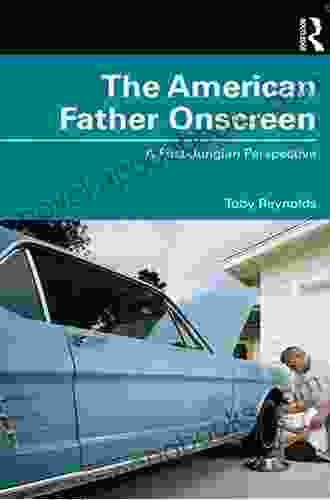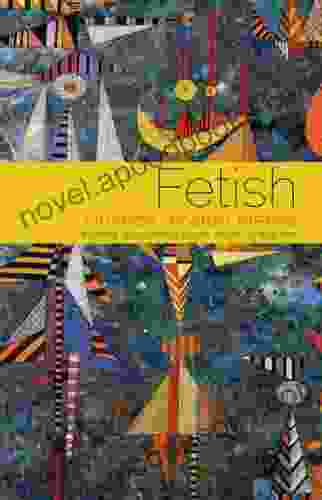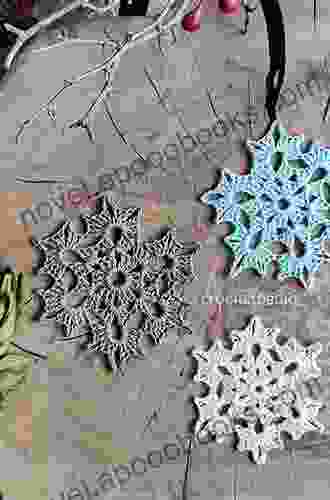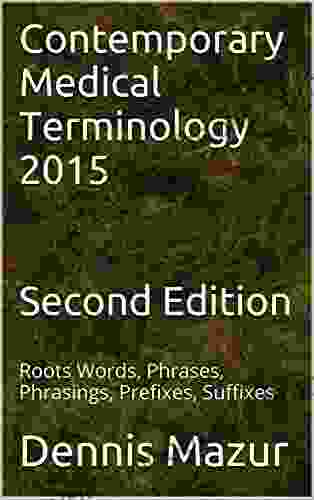The American Father Onscreen: A Jungian Perspective

The American father figure has undergone a profound transformation on the silver screens and television sets of the nation. From the idealized patriarch of the early 20th century to the more complex and nuanced portrayals of today, the representation of fathers in popular culture has mirrored the evolving social and cultural landscape of American society.
4.6 out of 5
| Language | : | English |
| File size | : | 3429 KB |
| Text-to-Speech | : | Enabled |
| Enhanced typesetting | : | Enabled |
| Word Wise | : | Enabled |
| Print length | : | 185 pages |
| Screen Reader | : | Supported |
This article delves into the world of the American father onscreen through the lens of Jungian psychology. By exploring the archetypes, symbols, and motifs that shape the representation of fathers in film and television, we gain a deeper understanding of the evolving nature of paternal identity in contemporary America.
Jungian Archetypes and the American Father
According to Jungian psychology, archetypes are universal, innate patterns that form the foundation of the human psyche. These archetypes manifest in various forms, including symbols, myths, and characters. In the context of the American father figure, Jungian archetypes provide a framework for understanding the different roles and identities associated with fatherhood.
The Patriarch: This archetype represents the traditional image of the father as a strong, authoritative figure who embodies Free Download and stability. In early Hollywood films, the patriarch was often portrayed as the head of the family, providing financial support and moral guidance.
The Absent Father: In contrast to the patriarch, the absent father archetype embodies the lack of a traditional father figure in a child's life. This archetype can manifest in physical absence, emotional neglect, or both. Its presence onscreen reflects the increasing prevalence of fatherless families in American society.
The Shadow Father: The shadow archetype represents the repressed or hidden aspects of the psyche. In the context of the American father, the shadow father may manifest as a violent, abusive, or neglectful figure. Its appearance in film and television often explores the darker side of fatherhood and the impact it has on children.
The Anima and Animus in the American Father
In Jungian psychology, the anima and animus are archetypal figures that represent the feminine and masculine aspects within the psyche of each individual. In the context of the American father, the anima and animus can provide insight into the complex and often contradictory emotions and motivations that shape paternal identity.
The Anima: The anima archetype can manifest in the American father as a longing for connection, intimacy, and emotional expression. It can also represent the softer and more vulnerable side of fatherhood.
The Animus: The animus archetype, on the other hand, can manifest as a drive for achievement, control, and power. It can represent the more aggressive and assertive aspects of fatherhood.
The Collective Unconscious and the American Father
Jungian psychology posits the existence of a collective unconscious, a reservoir of shared memories, experiences, and symbols that transcends individual consciousness. In the context of the American father figure, the collective unconscious can provide a glimpse into the deeper cultural and societal influences that shape our perceptions of fatherhood.
Cultural Myths and Legends: American culture is steeped in myths and legends about fathers, such as the Founding Fathers, the rugged frontiersman, and the self-made man. These myths and legends continue to influence the portrayal of fathers onscreen and shape the expectations of what it means to be a "good father."
Social Norms and Expectations: Society has specific expectations and norms regarding fatherhood, which can be reflected in the way fathers are portrayed in film and television. These expectations and norms may vary depending on factors such as race, class, and culture.
The American father figure has evolved dramatically over the past century, and the representations of fathers in film and television have played a significant role in this evolution. By exploring these representations through a Jungian lens, we gain a deeper understanding of the cultural, social, and psychological forces that shape paternal identity in contemporary America.
This article provides a brief overview of the Jungian perspective on the American father onscreen. Further research and analysis could delve deeper into specific films, television shows, and cultural contexts to explore the complexities of paternal representation in popular culture.
4.6 out of 5
| Language | : | English |
| File size | : | 3429 KB |
| Text-to-Speech | : | Enabled |
| Enhanced typesetting | : | Enabled |
| Word Wise | : | Enabled |
| Print length | : | 185 pages |
| Screen Reader | : | Supported |
Do you want to contribute by writing guest posts on this blog?
Please contact us and send us a resume of previous articles that you have written.
 Book
Book Novel
Novel Page
Page Chapter
Chapter Text
Text Story
Story Genre
Genre Reader
Reader Library
Library Paperback
Paperback E-book
E-book Magazine
Magazine Newspaper
Newspaper Paragraph
Paragraph Sentence
Sentence Bookmark
Bookmark Shelf
Shelf Glossary
Glossary Bibliography
Bibliography Foreword
Foreword Preface
Preface Synopsis
Synopsis Annotation
Annotation Footnote
Footnote Manuscript
Manuscript Scroll
Scroll Codex
Codex Tome
Tome Bestseller
Bestseller Classics
Classics Library card
Library card Narrative
Narrative Biography
Biography Autobiography
Autobiography Memoir
Memoir Reference
Reference Encyclopedia
Encyclopedia Pablo Palomino
Pablo Palomino Tish Oney
Tish Oney Sasha Paulsen
Sasha Paulsen Peter Waller
Peter Waller Patrick Sheltra
Patrick Sheltra Terry Christensen
Terry Christensen Sophie Boyron
Sophie Boyron Rainbow Mosho
Rainbow Mosho Pawel Kowal
Pawel Kowal Patti Niemi
Patti Niemi Rachel Hunt Steenblik
Rachel Hunt Steenblik Raymond Bryant Jr Msw
Raymond Bryant Jr Msw The Book Club
The Book Club Rick Fantasia
Rick Fantasia Tracey Gendron
Tracey Gendron Terry Thompson
Terry Thompson Paul Scott
Paul Scott Pajtim Statovci
Pajtim Statovci United Nations
United Nations Thomas F Monteleone
Thomas F Monteleone
Light bulbAdvertise smarter! Our strategic ad space ensures maximum exposure. Reserve your spot today!
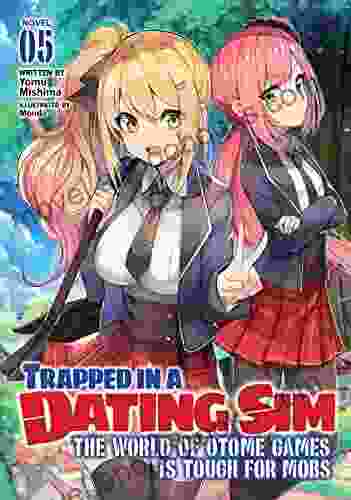
 Julian PowellImmerse Yourself in the Unforgettable World of "The World Of Otome Games Is...
Julian PowellImmerse Yourself in the Unforgettable World of "The World Of Otome Games Is...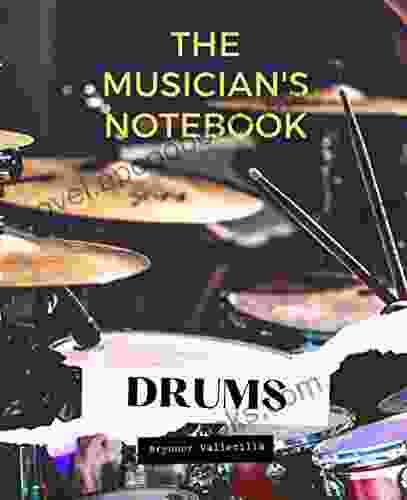
 Michael CrichtonThe Ultimate Guide to Drums: Dive into the Rhythm with "The Musician Notebook...
Michael CrichtonThe Ultimate Guide to Drums: Dive into the Rhythm with "The Musician Notebook... Joshua ReedFollow ·9.7k
Joshua ReedFollow ·9.7k Greg FosterFollow ·5.2k
Greg FosterFollow ·5.2k Chase MorrisFollow ·4k
Chase MorrisFollow ·4k Edgar Allan PoeFollow ·10.1k
Edgar Allan PoeFollow ·10.1k T.S. EliotFollow ·18.5k
T.S. EliotFollow ·18.5k Diego BlairFollow ·19.8k
Diego BlairFollow ·19.8k Dylan MitchellFollow ·18.9k
Dylan MitchellFollow ·18.9k Jimmy ButlerFollow ·16.9k
Jimmy ButlerFollow ·16.9k
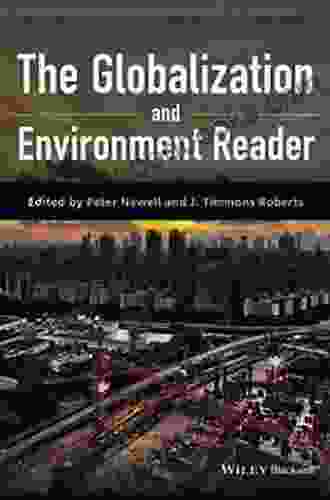
 Shaun Nelson
Shaun NelsonUnlocking the Intricate Nexus: The Globalization and the...
In an era marked by...

 Robin Powell
Robin PowellLast Summer at the Golden Hotel: A Captivating Journey of...
Synopsis: A Transformative Summer at...
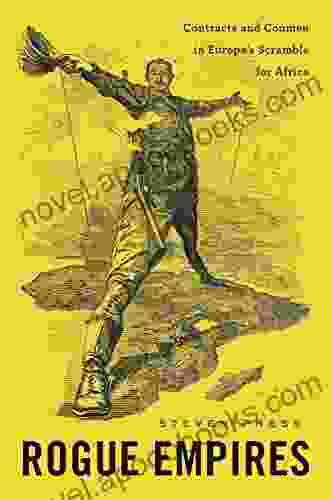
 Gabriel Mistral
Gabriel MistralContracts And Conmen In Europe Scramble For Africa
The late 19th and early...
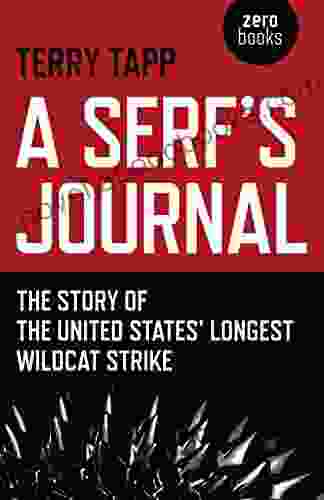
 Glenn Hayes
Glenn HayesThe Story of the United States' Longest Wildcat Strike: A...
Prologue: The...
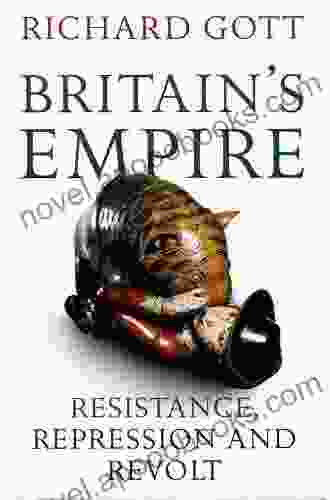
 Evan Hayes
Evan HayesBritain Empire Resistance Repression And Revolt:...
: The Tapestry of...
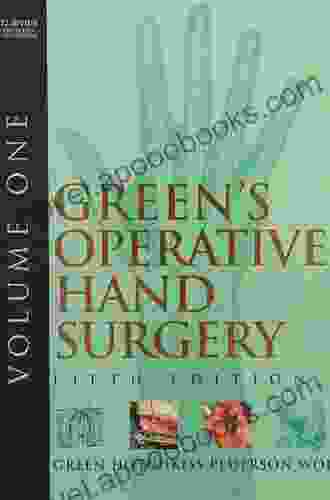
 Eddie Bell
Eddie BellGreen's Operative Hand Surgery: The Ultimate Guide for...
Green's Operative Hand Surgery is the...
4.6 out of 5
| Language | : | English |
| File size | : | 3429 KB |
| Text-to-Speech | : | Enabled |
| Enhanced typesetting | : | Enabled |
| Word Wise | : | Enabled |
| Print length | : | 185 pages |
| Screen Reader | : | Supported |


